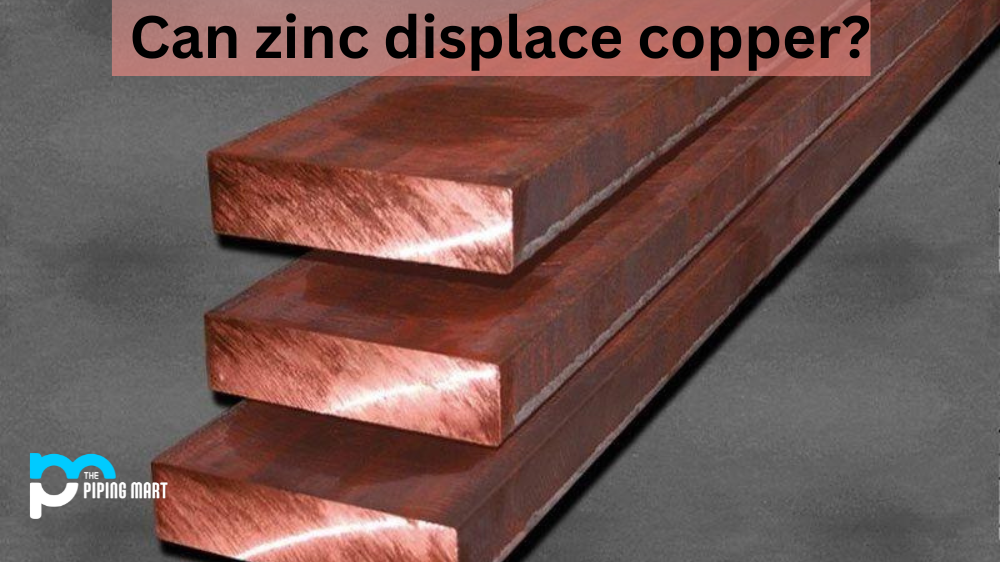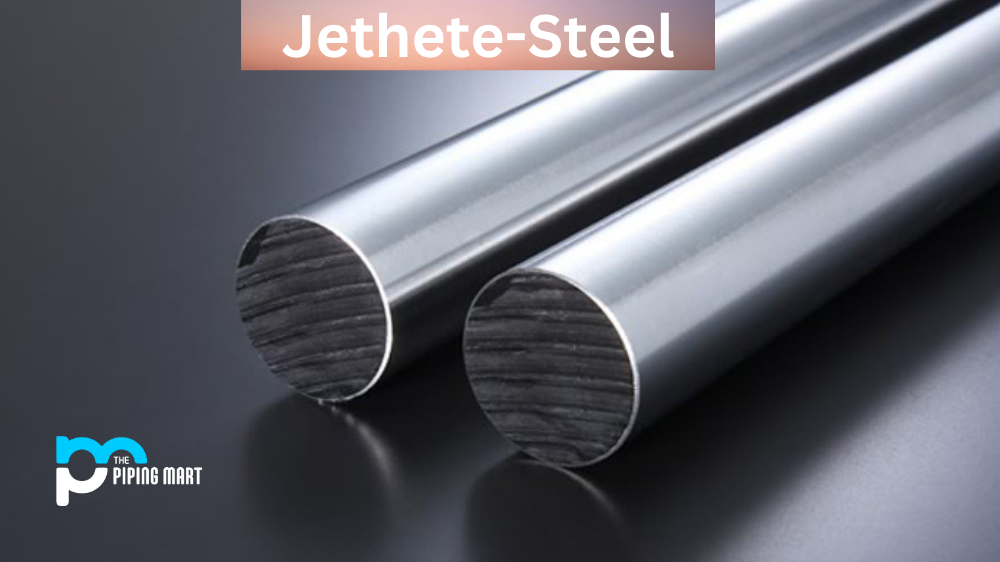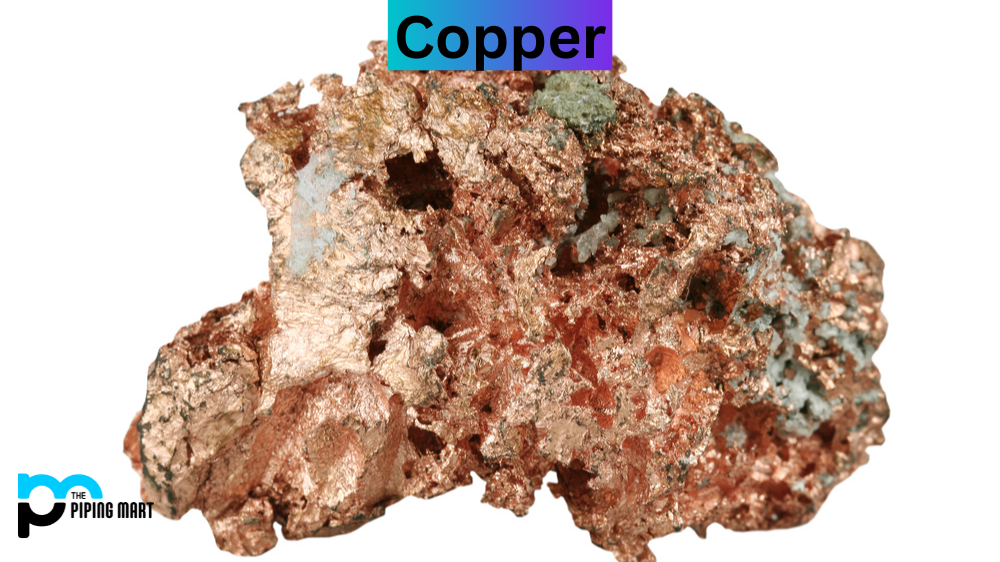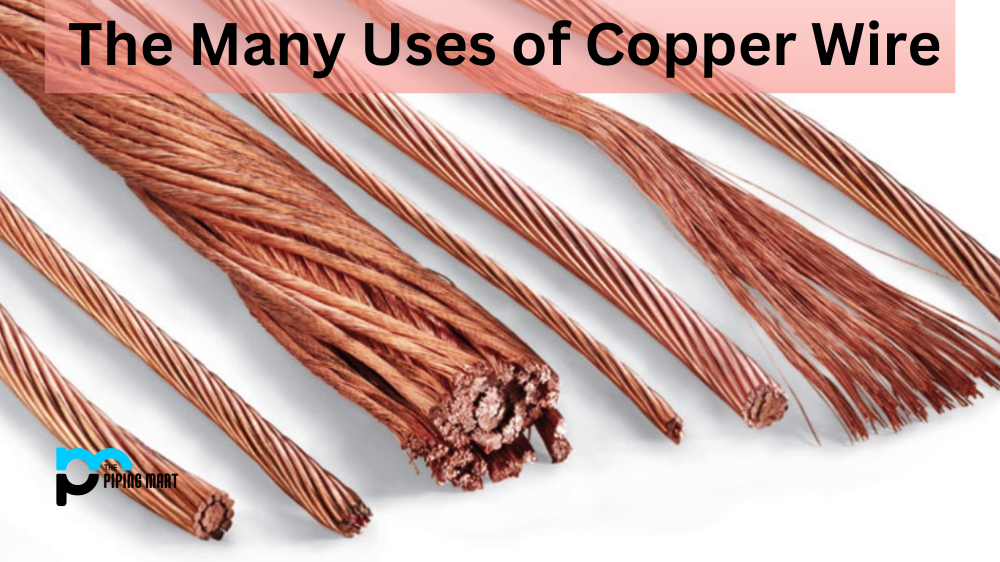Copper has long been known for its strength and durability, making it an ideal material for a wide range of applications. But is there another metal that can perform just as well or even better than copper? This blog post takes an in-depth look at whether zinc can be a viable substitute for copper.
Zinc is one of the most abundant metals on Earth and has been used in manufacturing since ancient times. When compared to copper, zinc has several advantages that make it an attractive alternative. For starters, zinc is less expensive than copper, so it can help save money on projects that require large amounts of metal. It’s also lighter than copper, which can be beneficial in certain situations where weight needs to be kept to a minimum.
When it comes to strength and durability, zinc holds up surprisingly well against copper. Zinc is corrosion-resistant and does not corrode easily when exposed to the elements, making it ideal for outdoor applications such as roofing or building cladding. It also does not require specialized treatments or coatings like copper does to protect against corrosion; all you need is regular cleaning with mild detergent and water to keep your zinc components looking good as new.
However, there are some areas where copper outperforms zinc. Copper has higher electrical conductivity than zinc, meaning it is more suitable for use in electrical components and wiring systems where maximum efficiency is required. Copper also has greater tensile strength than zinc – this means that it can withstand more force before breaking or deforming – so it’s better suited for applications that involve heavy loads or stress on the material.
Conclusion:
Overall, while both materials have their own unique strengths and weaknesses, they both have their place in industrial applications. While zinc may not be able to match the performance of copper in every situation, it still provides excellent value due to its low cost and easy maintenance requirements. If you’re looking for a reliable alternative to copper without sacrificing quality or performance, then consider using zinc instead!

A passionate metal industry expert and blogger. With over 5 years of experience in the field, Palak brings a wealth of knowledge and insight to her writing. Whether discussing the latest trends in the metal industry or sharing tips, she is dedicated to helping others succeed in the metal industry.




